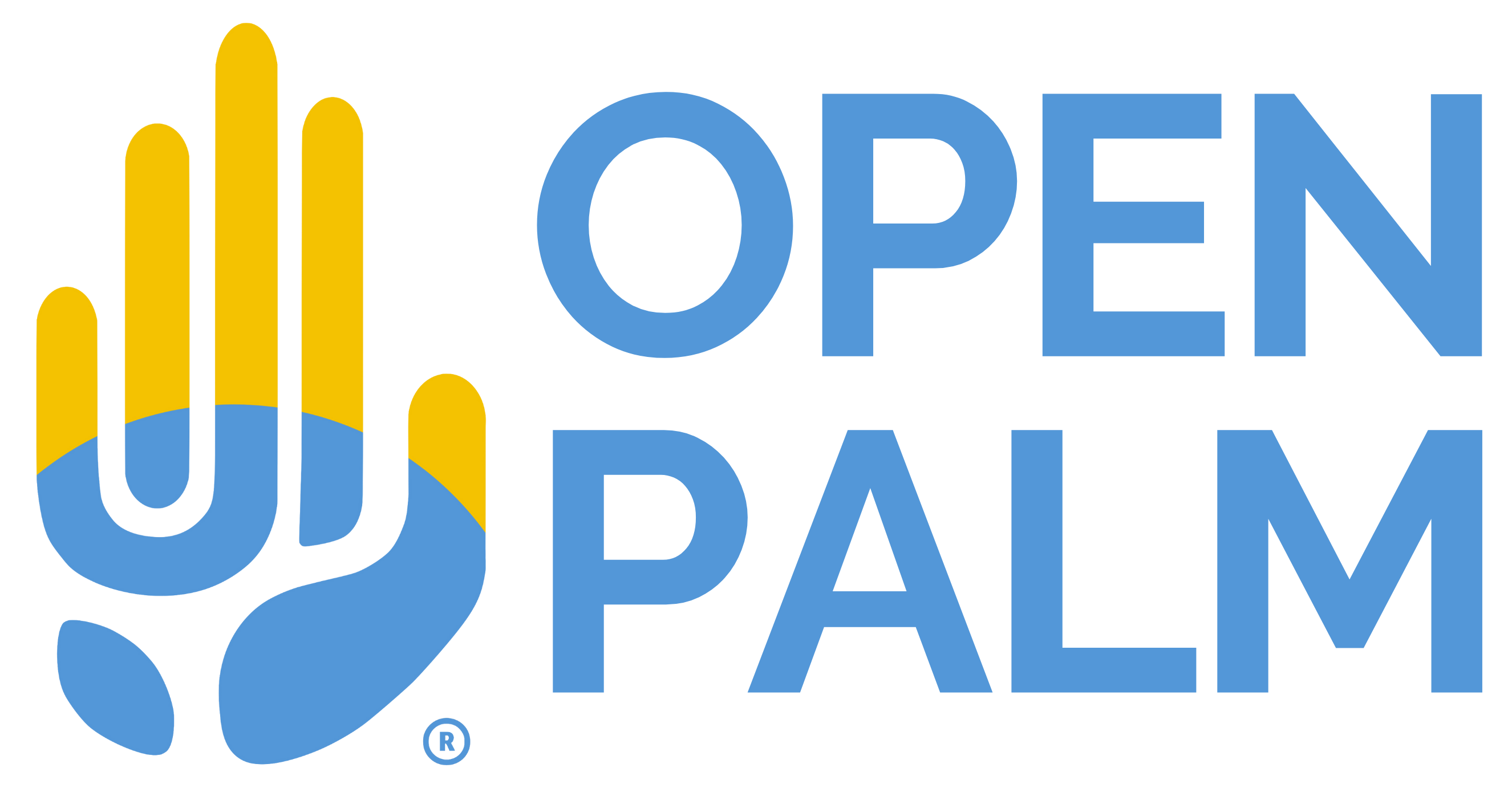5 things to learn about money to improve your financial literacy
- Ralph McBaiden
- Jan 2, 2021
- 1 min read
Updated: Apr 26, 2021
1. Understand money terminology. Learn the language of money
Understanding money is just like learning a new language. You need to get familiar with common terminology to make sure you truly understand what you are spending your hard earned cash on.
(Do you know your APRs from your LTVs?)
2. Learn the difference between expenses and investments
An investment is something purchased that generates wealth or a profit in the future. An expense is just a cost incurred.
(Which will you choose to spend your disposable money on?)
3. Understand the power of compounding
Compounding is one of the best kept secrets out there. If you understand it, you can earn it. If you don’t, you pay for it!
4. Learn the difference between good debt and bad debt
Debt can be used to your advantage but it can also work against you if not properly managed.
Two key questions to work out if debt is either good or bad are;
Will it make you better off longer term and is it affordable?
5. Make a budget and stick to it!
Take the time to write down all your income and expenses then create a budget that works for you in order to achieve your goals. Discipline is key!
This article is for information purposes only. It is not intended to be used as financial advice. You should seek specialist advice from your bank or a qualified Financial Advisor before making any financial decisions.

The Financial Literacy course aimed at 13-17 year olds from Black and Minority Ethinic backgrounds
Register for our online course to learn much more!
www.openpalm.org.uk/wyz
